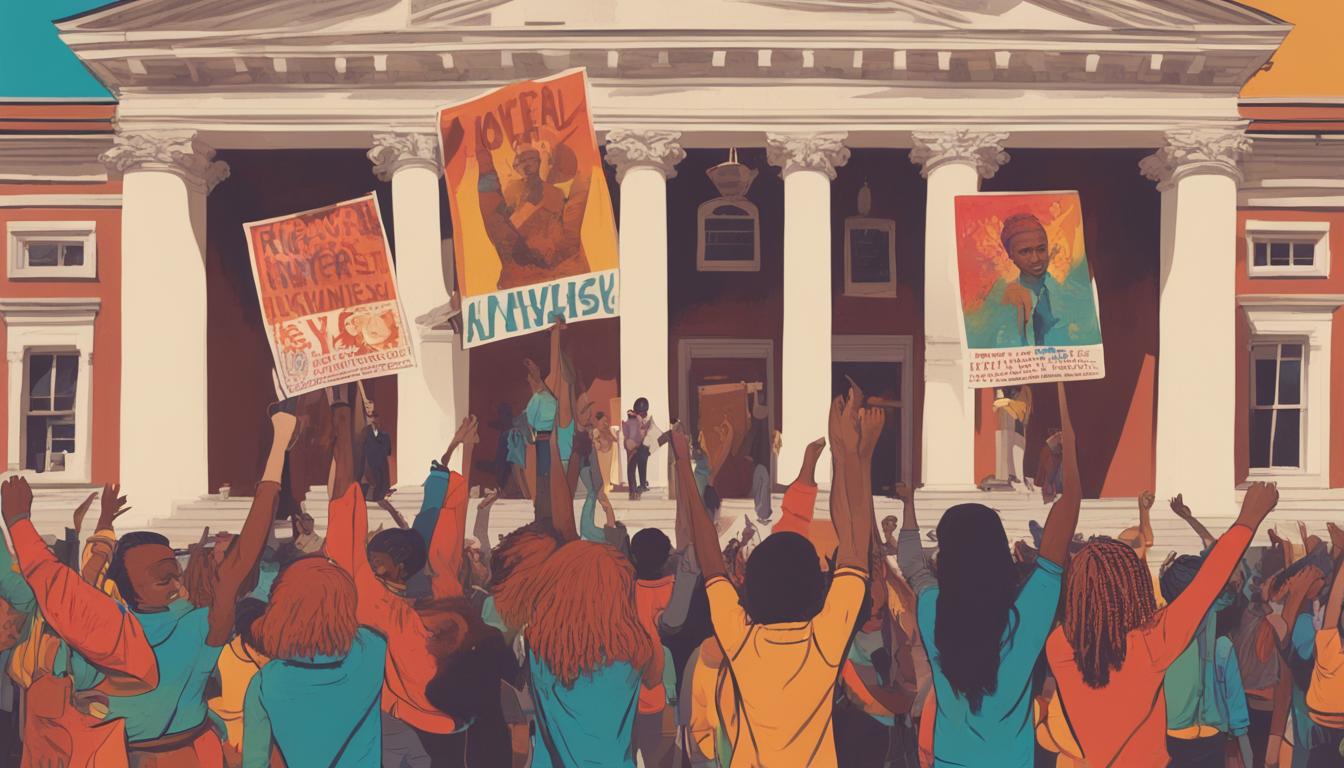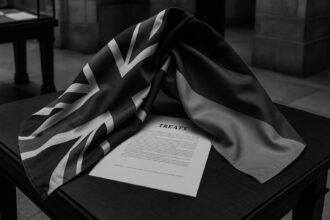As student protests surge across the US, Canada, and the UK, comparisons are drawn to the spirited 1960s movements, with recent actions at Trinity College Dublin highlighting the ongoing impact of student activism on institutional policies.
Pro-Palestinian protests have recently been seen across the US, Canada, and the UK, with students at the forefront of these movements. The protests have rekindled memories of the 1960s student activism during the civil rights and anti-Vietnam war movements. Veterans of these past movements, such as Eleanor Stein and Tariq Ali, have expressed support for the current protests, noting similarities in organisation and motivations.
The recent surge of activism is focused on opposing US support for Israel in light of ongoing conflicts in Gaza. Despite some concerns over the effectiveness and focus of these protests, expressed by commentators like John B Judis and Maurice Isserman, the drive among students remains strong. Notably, instances of police crackdowns have sparked further public support for the students.
In a significant development on 10 May 2024, students at Trinity College Dublin persuaded their university to divest from Israeli companies involved with settlements in the West Bank. The decision came after a determined encampment protest by the students, drawing on Ireland’s historical support for Palestinians. This move contrasts with some parts of America where opposition to such protests persists.
The actions at Trinity College have demonstrated a successful example of student-led activism influencing institutional policies, highlighting a continuity of student activism from past movements and potentially leading to broader changes in how institutions engage with geopolitical issues.













